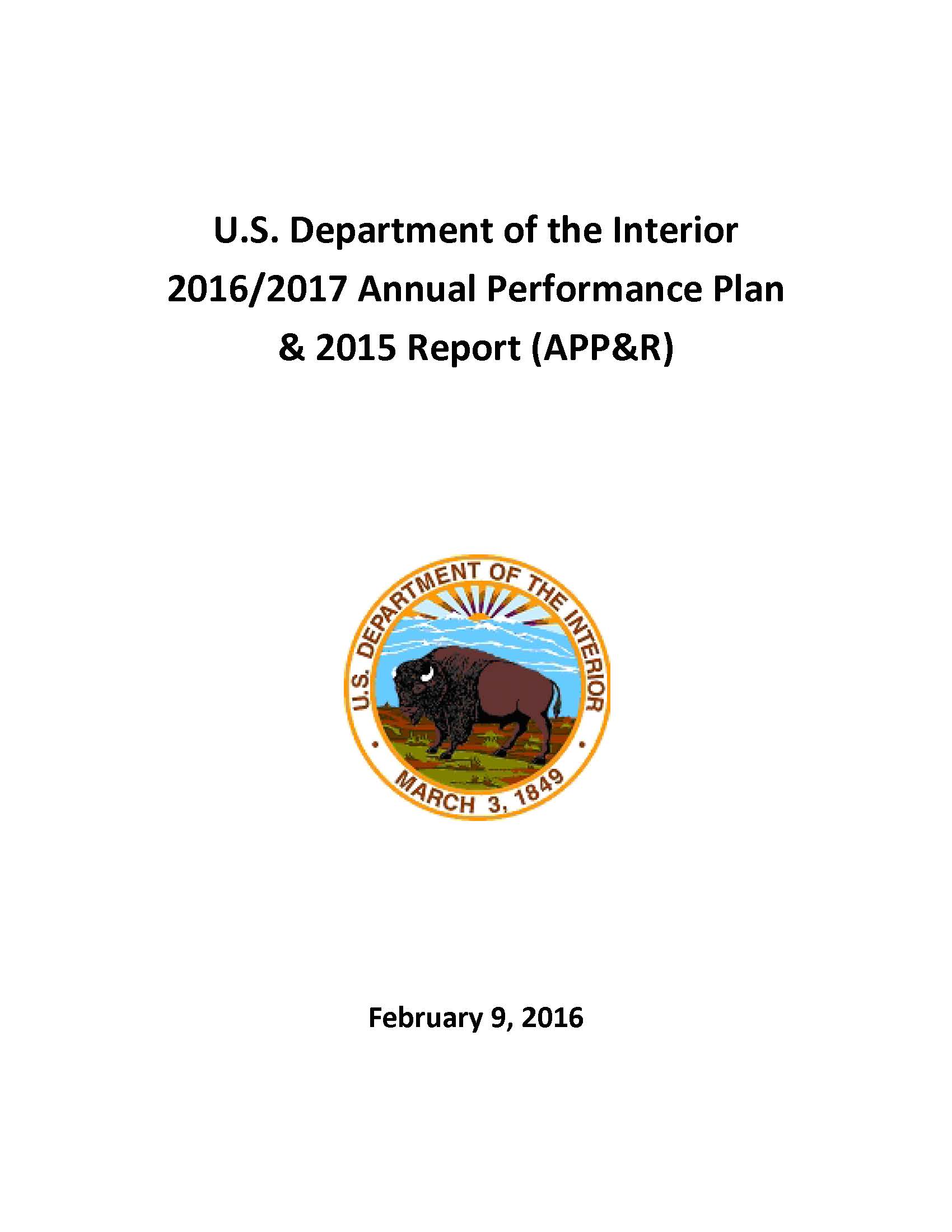- Home
- Agencies
- Department of Agriculture
- Department of Housing and Urban Development
- General Services Administration
- Department of Commerce
- Department of the Interior
- National Aeronautics and Space Administration
- Department of Defense
- Department of Justice
- National Science Foundation
- Department of Education
- Department of Labor
- Office of Personnel Management
- Department of Energy
- Department of State
- Small Business Administration
- Environmental Protection Agency
- Department of Transportation
- Social Security Administration
- Department of Health and Human Services
- Department of the Treasury
- U.S. Agency for International Development
- Department of Homeland Security
- Department of Veterans Affairs
- Goals
- Initiatives
- Programs
Primary tabs
Strategic Objective
Improve Quality of Life
Strategic Objective
Overview
OIA implements activities that improve quality of life in U.S.-affiliated insular areas. OIA focuses on basic infrastructure such as community water systems, school facilities, health care facilities, and affordable power generation. OIA also provides technical and operations assistance to improve the public services provided in each community.
Progress Update
Performance metrics for this strategy focus on issues directly impacting insular area residents—access to safe drinking water, the cost of electricity, and functional school facilities.
- Community Water System (CWS) Violations: The percent of water systems in the territories receiving health-based violation notices from the Environmental Protection Agency (EPA) has remained relatively stable between 2011 and 2015. For 2015, the number of CWS with health-based violations increased in each territory from the previous year, and the US Virgin Islands had a 3-fold increase in violations. It is difficult to ascertain whether this year’s increase was due to more vigilant monitoring or actual water system degradation. The Office of Insular Affairs (OIA) will monitor water system violation trends to determine if increased water system investment is necessary.
- Cost of electricity: The residential cost per kilowatt hour for power in the territories directly impacts the quality of life in the insular areas and remains over 3 times higher than the national average. To try to address electricity costs, the Office of Insular Affairs (OIA) contracts with the Department of Energy’s National Renewable Energy Laboratory (NREL) to: engage territories and provide energy efficiency and renewable energy assessments, help develop strategic energy plans, and provide technical assistance in reviewing and implementing sustainable energy projects. The OIA, through its Empowering Insular Communities grant program, continues to provide funding for the highest priority projects identified in the energy plans including photovoltaic, wind and geothermal development projects. Looking forward in 2016, the US Virgin Islands is changing its power generation source from diesel fuel to propane which could result in future costs savings for residents.
- School Facility Conditions: A baseline study in 2012-2013 identified 38% of schools in the U.S. territories in acceptable condition based on safety and functionality standards. The study provided an accounting of deferred maintenance, estimated facility replacement costs, and identified trends in maintenance practices and requirements that offer opportunities for efficiency enhancements . The Office of Insular Affairs (OIA) continues to make outcome-focused school investments in the territories with the intent increasing the percent of schools in acceptable condition.








